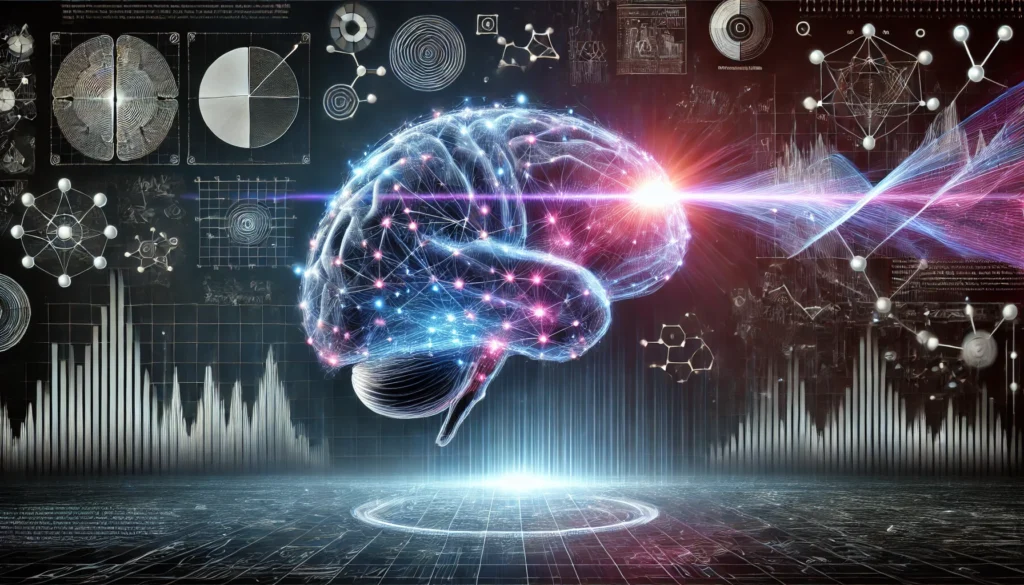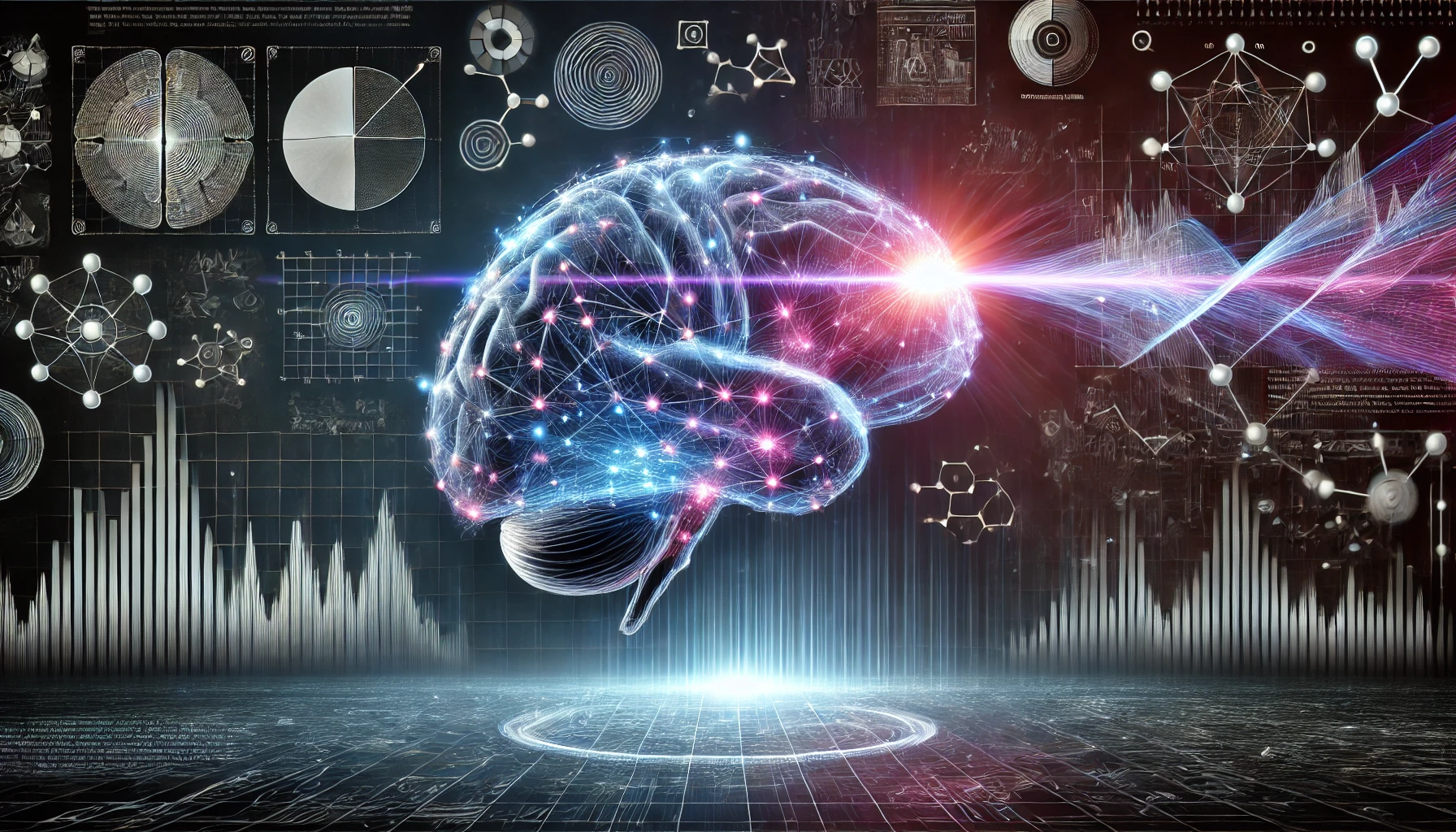Introduction
Concentration is the brain’s ability to maintain attention on a task without distraction. It involves neural processes that filter out irrelevant information. The prefrontal cortex and neurotransmitters like dopamine help sustain mental effort. Strengthening concentration requires practice, a structured environment, and mindfulness techniques.
This article explores the science behind concentration, why it matters, and how it influences different aspects of life.

The Science Behind Concentration

Concentration is the ability to direct and sustain attention on a single task while ignoring distractions. It involves multiple parts of the brain, particularly:
- Prefrontal Cortex – Responsible for attention control, decision-making, and problem-solving.
- Reticular Activating System (RAS) – Regulates alertness and helps filter unnecessary stimuli.
- Dopamine System – When we focus, our brain releases dopamine, a neurotransmitter linked to motivation and pleasure. This makes deep concentration a self-rewarding process.
However, modern life constantly interrupts this process. Frequent distractions train the brain to seek instant gratification instead of prolonged effort, making it harder to stay focused for long periods.
Why Concentration Matters

The ability to concentrate has a profound impact on different aspects of life. Here’s why mastering focus is so important:
1. Productivity and Professional Success
People who can focus deeply get more done in less time. Whether you’re a student, employee, or entrepreneur, strong concentration leads to higher efficiency, better quality work, and greater problem-solving skills.
2. Stronger Relationships
In a world of divided attention, being fully present with loved ones is a rare and valuable trait. Giving undivided attention to conversations strengthens relationships and builds trust.
3. Better Mental Health
A wandering mind is often associated with stress and anxiety. When you learn to focus, you reduce mental clutter, increase mindfulness, and cultivate inner calm.
4. Improved Learning & Retention
Deep concentration enhances comprehension and memory retention. Students and professionals who can sustain focus learn faster and retain information longer.
5. Enhanced Creativity for Concentrtion
True creativity emerges in moments of deep focus. Whether you’re writing, painting, or problem-solving, uninterrupted immersion in a task helps new ideas surface.
What’s Destroying Your Focus?

Before improving concentration, it’s essential to identify common obstacles:
❌ Digital Overload
Social media, emails, and constant notifications fragment attention, making it harder to focus on important tasks.
❌ Multitasking
Switching between tasks reduces efficiency. The brain needs time to reorient, leading to shallow work and frequent errors.
❌ Mental Fatigue
Too many responsibilities can overwhelm the brain, making it harder to sustain attention.
❌ Lack of Sleep & Poor Diet
Sleep deprivation and unhealthy eating habits impair cognitive function, slowing down mental processing and reducing focus.
❌ Disorganized Environment
Clutter and background noise create distractions that break concentration.
Conclusion
The ability to concentrate is a superpower in today’s world. It enhances productivity, creativity, relationships, and overall well-being. However, distractions are everywhere, making focus harder to achieve. The first step to mastering concentration is understanding what weakens it.
In the next article, we’ll explore powerful techniques to train your brain for unbreakable focus and achieve peak. Stay tuned!

